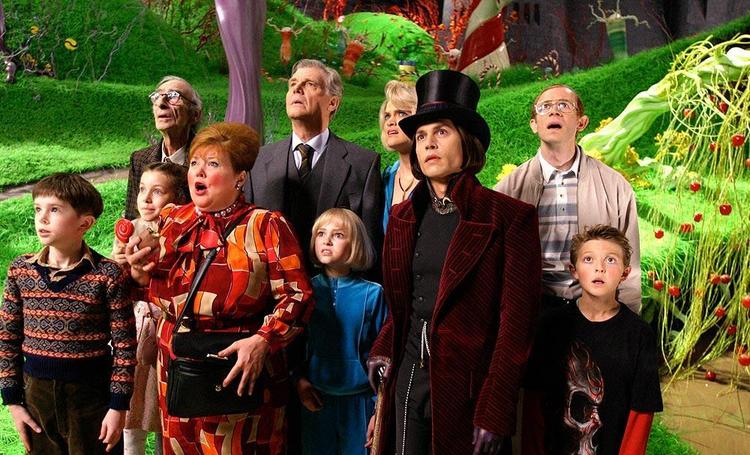The Wall Street movie directed by Oliver Stone has always been one of the most popular and influential films in Hollywood's history. Released in 1987, the film tells a story about the ruthless competition and greed in the stock market, as well as the moral struggles and ethical dilemmas faced by characters like Gordon Gekko, portrayed by Michael Douglas. Watching this movie not only provides a fascinating insight into the world of finance but also prompts reflection on personal values and societal expectations.

In my opinion, the movie is a masterpiece that blends drama with financial theory. The character of Gordon Gekko, with his famous line "Greed is good" encapsulates the essence of capitalism. His actions, though unethical and often illegal, are driven by the pursuit of wealth and power. This philosophy challenges traditional morality and raises questions about what defines success and happiness.
Moreover, the film effectively depicts various facets of human nature, including ambition, jealousy, betrayal, and redemption. The supporting characters, such as Bud Fox and James "Jim" Preston, provide contrast to Gekko's ruthlessness and illustrate how different approaches to business and life can lead to different outcomes. Their interactions highlight the importance of integrity and ethical conduct in achieving long-term success and personal fulfillment.
The cinematography, direction, and acting in the movie are outstanding, contributing significantly to its lasting impact. Michael Douglas's performance as Gekko is particularly memorable; he conveys a complex character who is both mesmerizing and reprehensible. His transformation from a successful businessman into a self-serving tycoon is portrayed convincingly, making the audience question their own beliefs about right and wrong.
One of the most striking elements of the movie is the soundtrack, composed by Jerry Goldsmith. The music perfectly complements the scenes, enhancing the dramatic tension and emotional depth of the film. It serves as a powerful backdrop for the high-stakes trading and the intense personal conflicts within the storyline.
In conclusion, "Wall Street" is not just a movie about the stock market; it is a commentary on the broader aspects of modern society—the relentless pursuit of wealth, the sacrifices individuals make in their quest for success, and the moral ambiguity that often accompanies these endeavors. It is a timeless piece that continues to resonate with audiences today and serves as a reminder of the importance of balancing personal gain with ethical responsibility.
To summarize, my main takeaways from watching "Wall Street" include:
- Character Development: The nuanced portrayal of Gordon Gekko and the other characters showcases the complexity of human motivation and behavior.
- Philosophical Themes: The movie explores deep themes such as greed, ethics, and morality, provoking thought and discussion.
- Cinematic Excellence: The combination of excellent acting, direction, and music makes the film an engaging watch.
- Emotional Impact: The storyline and performances create a powerful narrative that leaves a lasting impression on the viewer.

These points underscore why the movie remains significant and relevant even decades after its release. As someone deeply interested in both finance and storytelling, "Wall Street" stands out as a landmark piece in the film industry, offering lessons that transcend the realm of finance and apply more broadly to our daily lives.
推荐阅读》未经允许不得转载:» 华尔街1电影观后感英语(Wall Street 1 movie viewer's impression English.)

 家长点评网
家长点评网











